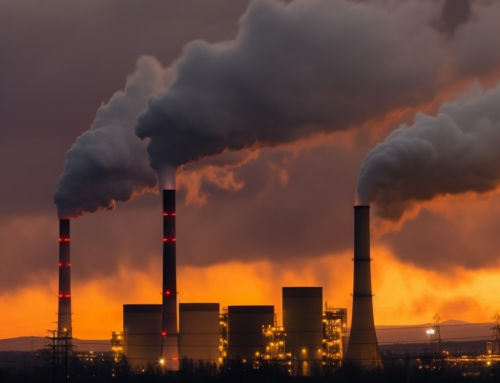
Martha Durr, a leading climate change communicator in Nebraska, recently resigned from her position due to exhaustion. The fatigue was primarily a result of constant discussions about climate change information. Her resignation highlights the intense pressure and stress that climate change communicators face in the course of their work.
In a similar vein, Chris Gloninger, a Chief Meteorologist in Iowa, experienced significant backlash when he attempted to link weather patterns and climate change in his broadcasts. The backlash escalated to the point of death threats, shocking many within the scientific community and beyond.
However, Gloninger’s ordeal was not in vain. After publicizing the harassment he endured, he received substantial viewer support. This wave of support led him to secure a consulting job on climate solutions in Massachusetts, a testament to the power of resilience and public backing in the face of adversity.
Unfortunately, Durr and Gloninger’s experiences aren’t isolated cases. Other climate change communicators, including climatologists and meteorologists across seven states, have reported facing strong resistance when discussing climate change. This resistance makes the task of communicating climate change information significantly challenging, especially in regions where the public is more skeptical of the science.
Climate experts in the Midwest and Great Plains regions, in particular, encounter significant stress, burnout, and even death threats. Despite these daunting challenges, however, not all hope is lost. Surveys indicate that a majority of Americans, approximately 90%, are willing to learn about climate change from trusted sources like meteorologists and climatologists.
This statistic proves encouraging, suggesting that despite the strong resistance and skepticism in conservative states, an estimated 90% of Americans are receptive to learning about climate change from experts. This willingness to learn from trusted sources presents a silver lining in an otherwise bleak scenario, offering a glimmer of hope for climate change communicators in their ongoing efforts to enlighten the public about this pressing issue.
Science4Data is committed to cut through greenwashing and measure real impact. Join the journey to a sustainable future. Your actions matter.






